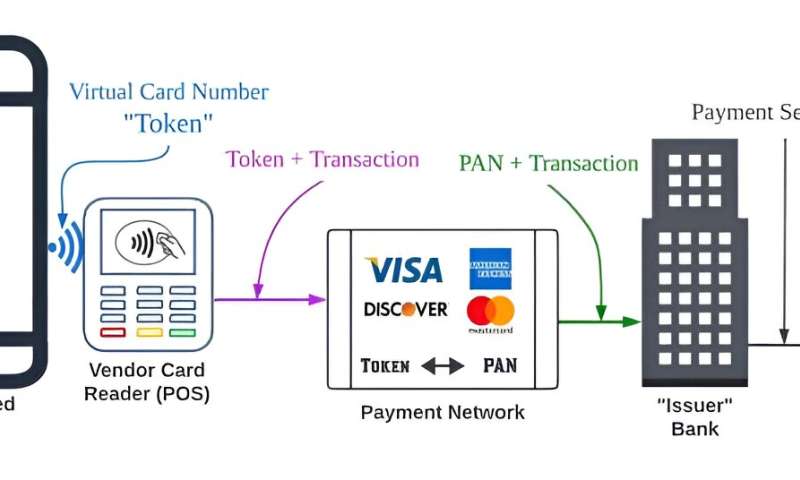Best of Last Week—Japanese ancestry challenged, loophole in digital wallets, using AI to diagnose genetic disease

It was a good week for biological research as a trio of paleontologists from the University of Tsukuba, UC Berkeley, and Kyoto University found evidence of a new species of extinct walrus-like mammal that once roamed the waters of the North Atlantic—named Ontocetus posti, the creature had feeding adaptations much like the modern walrus. Also, a team of geneticists at RIKEN's Center for Integrative Medical Sciences, conducted an analysis of Japanese ancestry that challenged conventional theories. And a team of biologists at Western University, in Canada, discovered a protein with the never-before-seen ability to stop DNA damage in its tracks—called DNA Damage Repair Protein C, it was found in a common bacterium.
In technical news, a team of engineers affiliated with several institutions in China developed a type of intelligent, soft-robotic clothing for use as an automatic thermal adaptation in extreme heat. And a group of security specialists led by a team at the University of Massachusetts Amherst discovered a loophole in digital wallet security—even during events where the rightful cardholder does not use a digital wallet. Also, a team of engineers at Sandia National Laboratories demonstrated a quantum compass for navigational use when GPS signals are unavailable. And a team of computer engineers at Technische Universitat Darmstadt report that AI models such as ChatGPT are less capable of learning independently than previously assumed.
In other news, a team of medical researchers and geneticists at the Laboratory of Developmental Neurobiology at Rockefeller University found that disabling a gene called Astrotactin 2 led to traits and behaviors consistent with autism in mouse models. Defects in the protein associated with the gene have been tied to neurodevelopmental problems in children. Also, University of Chicago cosmologist Wendy Freedman and her colleagues found during analysis of data from the James Webb Telescope that there may not be a conflict between the two methods that have been used to measure the Hubble constant. And finally, a team of medical and AI researchers at the Yale School of Medicine found that an AI application could accurately diagnose a certain genetic condition using only facial photographs.
© 2024 Science X Network